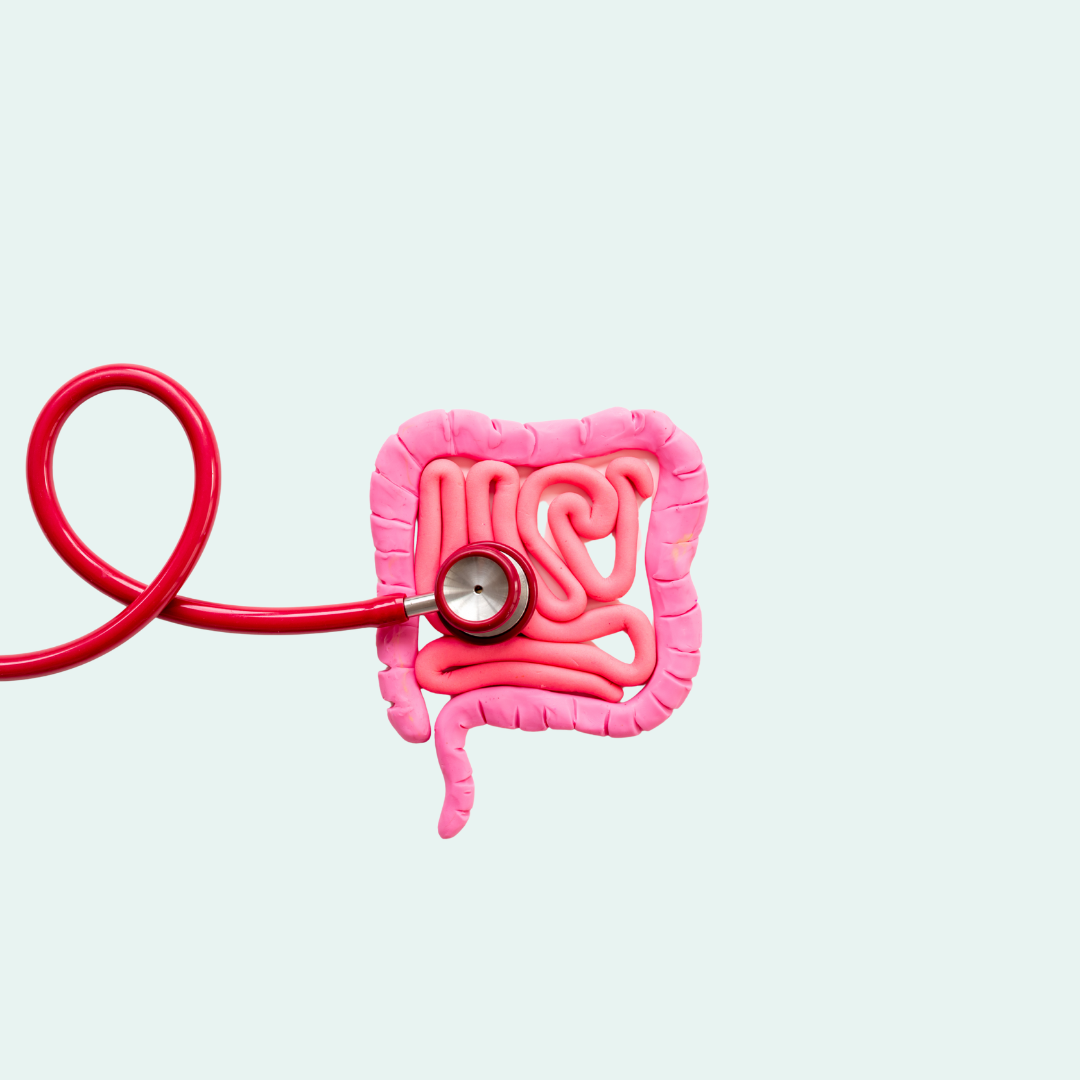I get a lot of questions about what supplements to buy, and whether or not they're necessary for the average person. And guess what my answer is....it depends!! Ha, this is often my short answer to a lot of nutrition questions. Because there's no one perfect suggestion (except maybe eat vegetables) for everyone. So let's look at why someone might consider supplements, when to take them, what to look for when purchasing, and what to avoid like the plague.
Who needs supplements? Well let's look at the average American's diet which, according to the NHANES 2007-2010 eating patterns survey data:
- About 75% of the population eats too few veggies and fruit compared to the suggested intake.
- At least 50% of the population is meeting or exceeding the recommendations for grain and protein.
- At least 50% of Americans eat too much sugar, saturated fat, and/or sodium.
So we're eating plenty of meat and processed carbohydrates, but not enough fruits and veggies. Could that possibly mean some people are deficient in any number of vitamins and minerals? I think there's a chance! And even those of us who "eat healthy," I know I'm not counting my mineral and vitamin intake daily, and some days my need for certain micronutrients might be higher than others due to intense exercise, stress, lack of sleep, or hormonal changes. In fact, I've never seen a client who didn't have borderline low levels of something on their bloodwork despite eating an overall healthy diet.
Therefore, in most cases, I'd wager that a daily multivitmain/mineral could serve as "insurance" to fill the gaps when we don't get exactly what we need in a day or a week.
Ok, so maybe some of us could use a multivitamin/mineral to bridge any gaps in the diet. How in the world does one select a quality product from the overwhelming plethora of bottles on a store shelf? Or online--even scarier!
Let's start with what to AVOID because this will narrow the selection down pretty quickly:
- Folic acid--a synthetic version of folate which is poorly metabolized by the cells and inhibits metabolism of active folate from food.
- Cyanocobalamin (B12): B12 attached to a cyanide molecule which can result in poor cell uptake, leading to a misleading "adequate" serum level, when in fact the body can't actually use it efficiently.
- Ferrous sulfate (iron): not dangerous but can cause GI upset
- Magnesium oxide: poor absorption (think of eating chalk!?)
Now that you've found maybe 2 or 3 options, look for a brand that has a little of everything and that is preferably 3-6 capsules per day. (If you can't deal, a once-daily multi is acceptable, just know there's no way you'll absorb the same amount of nutrition as you would from a 2-3 times per day option--kind of like food--eating one meal won't provide the same amount of nutrition as 2-3 meals per day.) Some brands don't have iron (which you may not need if you're a man or a non-menstruating woman). Some brands don't have copper or iodine. These minerals are extremely important, but in cases of certain conditions where toxicity might be a concern, some brands leave them out. Consider you may want extra Vitamin D or magnesium in your multi based on past experience or blood levels. In general, a good multi will have:
- B-vitamins (including 5-MTHF and/or folinic acid forms of folate + methylcobalamin, hydroxocobalamin and/or adenosylcobalamin forms of B12)
- Vitamins A (mostly as beta carotene), C, D, E
- A mix of minerals and trace minerals: zinc, magnesium, calcium, manganese, selenium, chromium, boron, vanadium, and molybdenum...and maybe a small amount of copper, iron, and iodine.
If you 're not sure where to start or are concerned for deficiencies, work with a knowledgeable functional practitioner to discuss micronutrient testing and a personalized supplement regimen based on your individual needs and eating patterns.
Recent Blog Posts
Share this post!
About the Author
Rhya Pachin is a licensed dietitian nutritionist who employs an "integrative" approach to support overall health rather than addressing just one symptom. As a certified LEAP therapist, she designs and supervises custom elimination diets. Her focus areas include gastrointestinal conditions like IBS and IBD, autoimmune diseases such as rheumatoid arthritis and Hashimoto's, persistent weight issues, food sensitivities, and chronic inflammatory conditions in both adults and children.





